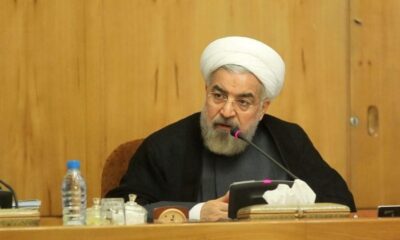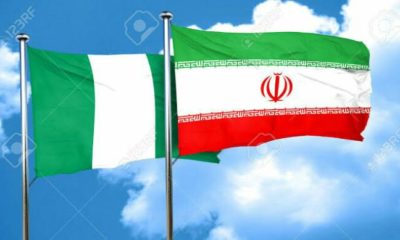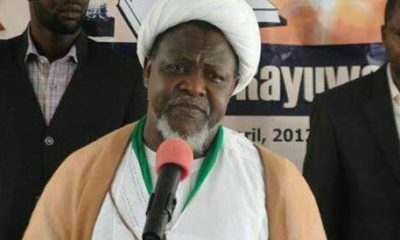News
Controversy Over Detention, Prosecution Of Venezuelan Envoy, Alex Saab
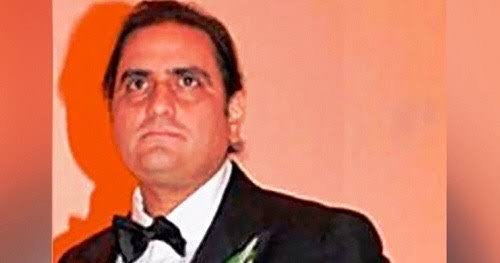
Baltasar Garzón, Coordinator of the international legal team has said that Cape Verde’s law enforcement authorities have not presented irrefutable evidences that affirms Alex Saab as a Special envoy, and the humanitarian nature of his special mission to Iran, to its supreme court prosecutor despite being in their possession.
Baltasar Garzón, coordinator of the international legal team in a reaction to Cape Verde’s supreme court ruling on Mr Saab, noted that whilst he (Mr Saab) was not carrying a diplomatic passport, when he was arrested during his stop over at Cape Verde, his bag contained irrefutable evidence supporting both his status as a special envoy and the humanitarian nature of his special mission to Iran.
“These letters were not brought to the knowledge of the Prosecutor by the Cape Verde police even when in possession of the evidence. This was a fact that was reported to the Supreme Court and the Prosecutor. This complaint remains unanswered by both the judicial and law enforcement authorities of Cape Verde,” his statement read.
However, the development is stirring a new controversy as there are mixed judgements on the matter.
On March 15, the ECOWAS court had ordered the release of Mr Saab. In its judgement, it also directed the Cape Verdean government to pay him $200,000 as compensation for his “illegal arrest and detention” and that they should “discontinue all proceedings and processes aimed at extraditing the Applicant to the USA”.
Instead of complying with the ECOWAS court ruling, the Cabo Verdean Supreme Court on March 17, gave an order authorising the extradition of the Venezuelan diplomat, Alex Saab, who has been in detention since late June 2020, to the United States of America.
The apex court upheld the regional court initial judgement on the basis that the archipelago country was not legally bound by the regional court’s decisions.
This contravenes the initial judgment issued by the ECOWAS court on Mr Saab’s arrest, detention and plan by the Cape Verdean government to extradite him
Reacting to the supreme court judgement, Mr Garzón said the ECOWAS court decreed the illegality of Mr Saab’s detention and that it is clear given the binding nature of the decision on Cape Verde, that he must be released immediately.
He said the fact is that Mr Saab is now his country’s Alternate Permanent Representative to the African Union, so, not only was his detention found illegal by the ECOWAS but also, on the basis of international law, his diplomatic status is unquestionable.
On his part, Femi Falana, Mr Saab’s leading counsel, described the moment as a ‘day of shame’, and as well urged ECOWAS to speak up in order to support the sanctity of the ECOWAS court.
Mr Falana said “In a decision which can only be described as “extraordinary and unprecedented” Cape Verde’s Supreme Court decided that the extradition of Venezuelan diplomat Alex Saab could proceed.”
The Senior Advocate of Nigeria, said the decision was handed down in direct defiance of the ruling made by the ECOWAS Court of Justice on Monday.
He reiterated that the ECOWAS Court had ruled on Monday that Alex Saab, who was detained on 12 June 2020 on the Cape Verde island of Sal whilst undertaking a humanitarian special mission, must be released immediately and the extradition process initiated at the request of the United States, stopped.
According to the court’s decision, Mr Falana noted that there was no “red notice” in place when Mr Saab was arrested making both the arrest and all subsequent actions illegal.
“This is an extraordinary and unprecedented act of disobedience by Cape Verde. It is a Day of
Shame for ECOWAS” he said.
Mr Falana expressed worry that there can be no debate about the binding nature of the ECOWAS Court’s decision on Cape Verde, urging members of the ECOWAS Commission to stand up and make clear their opposition to the behaviour of Cape Verde.
The growing controversies might put to question the regard of Cape Verde for the decision of the ECOWAS court, which it is a party to its regulations.
It is believed that if the situation persists, Cape Verde might be in for stiffer sanctions at the sub region level.
-

 News4 days ago
News4 days agoCapacity Building: OHIS Organizes Retreat For New Board Members
-

 News3 days ago
News3 days agoFamily Of Gruesomely Murdered Pastor Cries For Justice
-

 News2 days ago
News2 days agoJust In: Nigerian Governor Dethrones 15 Traditional Rulers, Reinstates 7
-
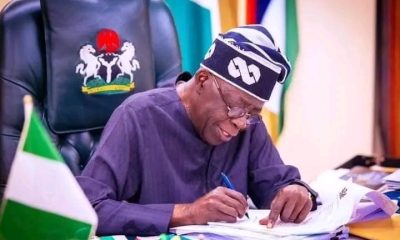
 News2 days ago
News2 days agoTinubu Appoints Consuls-General, Chargè D’ Affairs For 13 Countries






